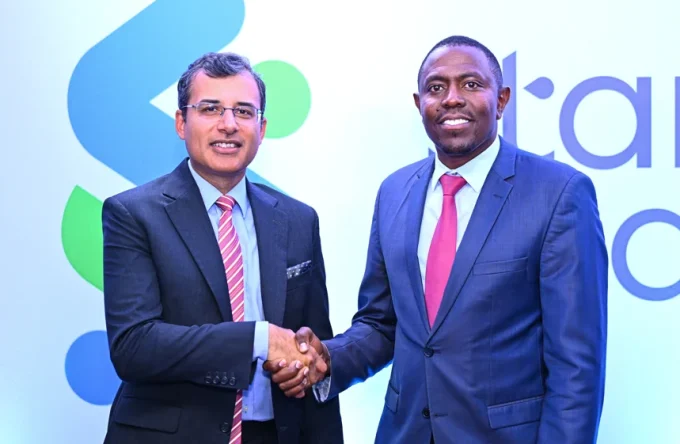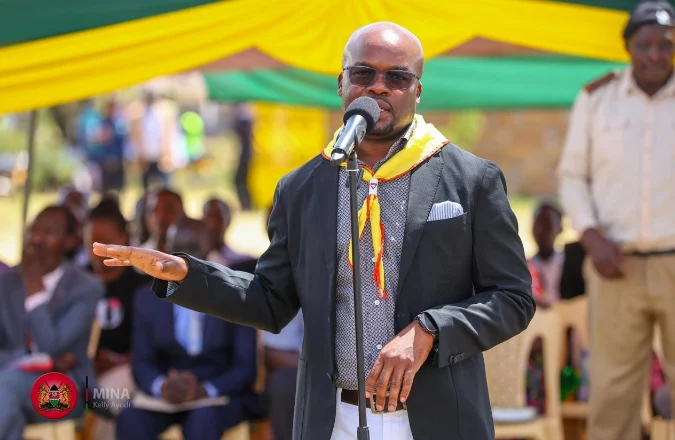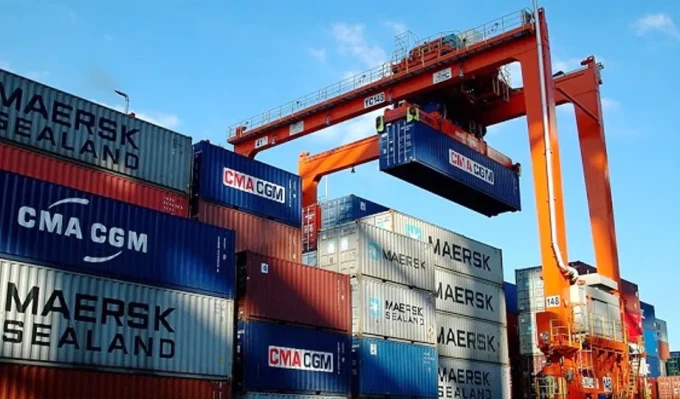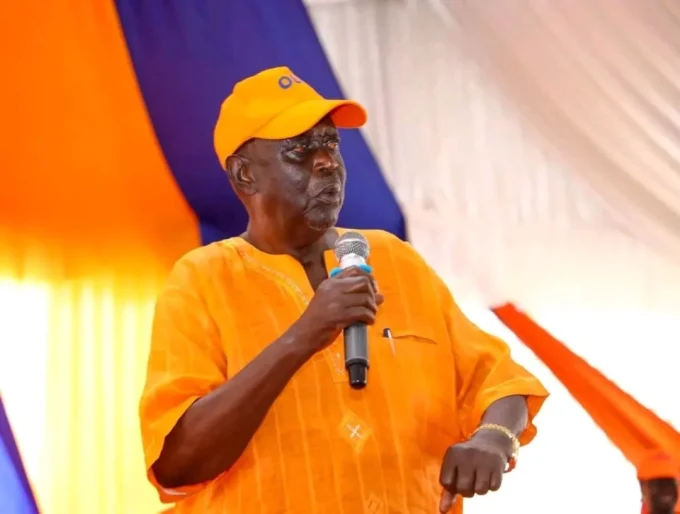The Central Bank of Kenya (CBK) has summoned CEOs of commercial banks for an emergency meeting today to discuss the exchange rate as the shilling approaches the all-time low rate of 107 units to the US dollar.
As at the opening of markets Monday morning, commercial banks sold the dollar for Ksh105.64 on average while the forex bureaus sold the same for as high as Ksh107. Bank rates, however, went up in the afternoon as the institutions were selling the dollar at Ksh106.60 at 2.30pm, only 40 cents short of the Ksh107 low achieved on October 12, 2011.
This caused an escalation in prices with overall inflation rising to nearly 20 per cent in November of that year while the benchmark policy rate rose to 18 per cent that December.
The latest meeting with banks comes two weeks ahead of one normally held by the Monetary Policy Committee (MPC), which is scheduled for September 22.
“Given that the MPC meeting will be held later this month, the [Central] Bank considers it appropriate to discuss recent development in the money market, particularly the foreign exchange market ahead of the MPC meeting,” said CBK governor Patrick Njoroge in a response to queries from the Business Daily.
The CBK is also wrestling with declining foreign exchange reserves, which serve as a cushion to the shilling. At the start of the financial year in July, the reserves stood at $6.7 billion, but have since fallen by Ksh31 billion ($300 million) as at last Thursday due to a variety of reasons, including selling to the market whenever demand requires it, repayment of debt as well as revaluation of the existing reserves.
Banking sources who spoke to the Business Daily said the industry had began to suspect that there was speculation on the currency, which the CBK may be keen to stop at an early stage.
“The governor has summoned us for a meeting tomorrow,” said the CEO of a commercial bank. “The agenda is supposed to be the exchange rate, but I think it is more about speculation on the currency. The depreciation can no longer be justified by just looking at the fundamentals.”
The head of Treasury at a commercial bank said that the demand for forex was being driven by fear that it might soon be even more expensive to buy the dollar, so people were hoarding hard currencies. “What people are trading on is the future. They don’t see a recovery in the value of the shilling. They only see it weakening, so they are trying to protect themselves by buying and depositing in their accounts well before the goods’ purchase date,” said the Treasury head.
Independent analysts also said that the statement by Zambian President Edgar Lungu that the country was considering intervention to change the direction of the currency value had contributed to the Kenyan shilling’s fall.
















































![Pula Co-Founders and Co-CEOs, Rose Goslinga & Thomas Njeru. Pula provides agricultural insurance and digital products to help smallholder farmers manage climate risks, improve farming practices and increase their incomes. [ Photo / Courtesy ]](https://businesstoday.co.ke/wp-content/uploads/2021/01/Pula-Co-Founders-and-Co-CEOs-Thomas-Njeru-Rose-Goslinga.jpg)




























































Leave a comment